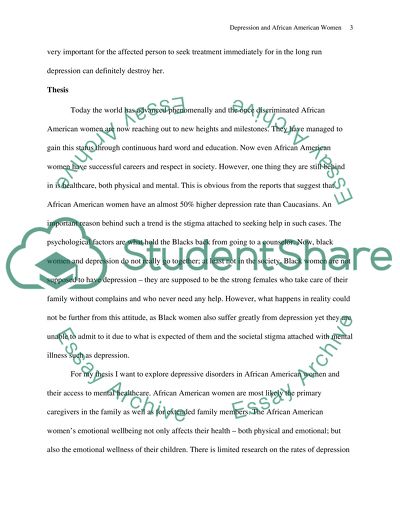Cite this document
(“Depression and the African American Woman-misdiagnoses, disparities in Research Paper”, n.d.)
Depression and the African American Woman-misdiagnoses, disparities in Research Paper. Retrieved from https://studentshare.org/health-sciences-medicine/1475129-depression-and-the-african-american-woman
Depression and the African American Woman-misdiagnoses, disparities in Research Paper. Retrieved from https://studentshare.org/health-sciences-medicine/1475129-depression-and-the-african-american-woman
(Depression and the African American Woman-Misdiagnoses, Disparities in Research Paper)
Depression and the African American Woman-Misdiagnoses, Disparities in Research Paper. https://studentshare.org/health-sciences-medicine/1475129-depression-and-the-african-american-woman.
Depression and the African American Woman-Misdiagnoses, Disparities in Research Paper. https://studentshare.org/health-sciences-medicine/1475129-depression-and-the-african-american-woman.
“Depression and the African American Woman-Misdiagnoses, Disparities in Research Paper”, n.d. https://studentshare.org/health-sciences-medicine/1475129-depression-and-the-african-american-woman.


